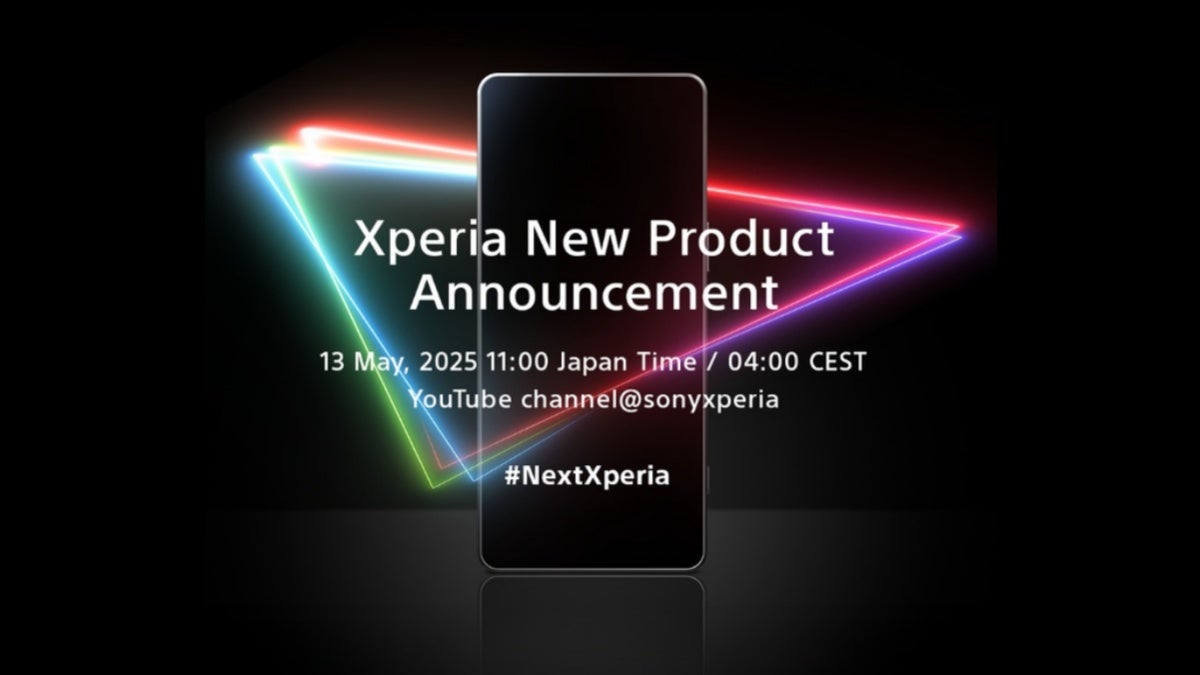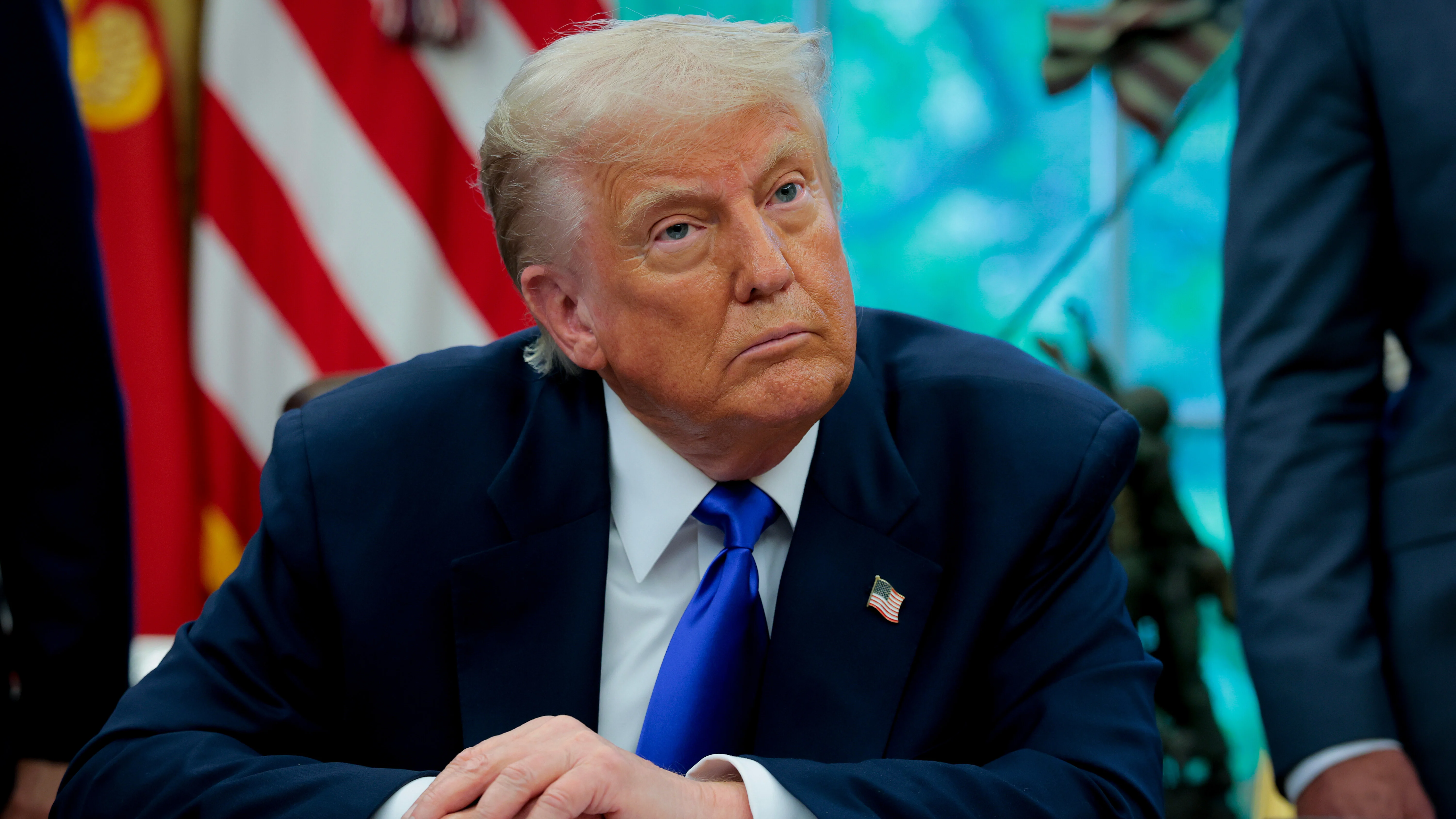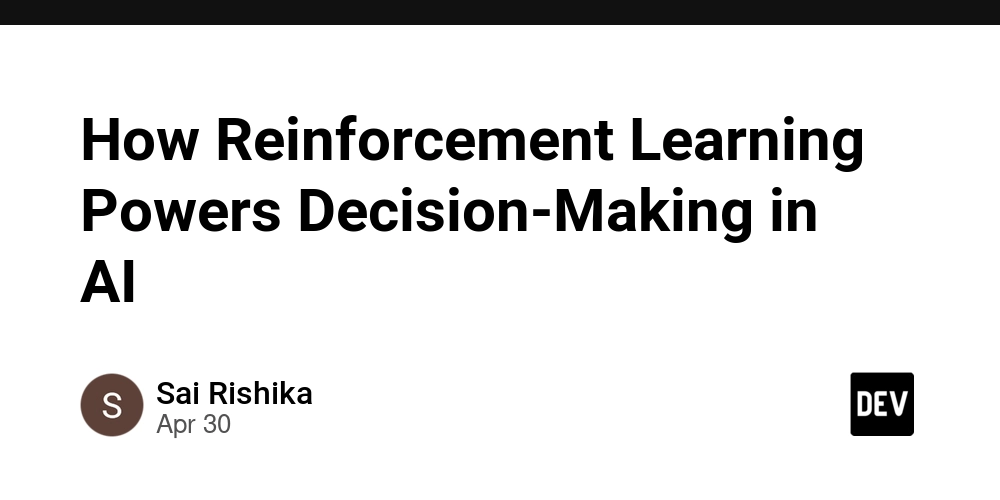Smart Contracts: Automating Compliance in Asset Tokenization
Introduction In today's digital age, the financial world is undergoing a significant transformation. One of the most groundbreaking developments is asset tokenization, which involves converting real-world assets like real estate, stocks, or commodities into digital tokens on a blockchain. This process offers numerous benefits, including increased liquidity, faster transactions, and broader access to investment opportunities. However, with these advancements come challenges, particularly in ensuring that these digital transactions comply with existing laws and regulations. This is where smart contracts come into play. Smart contracts are self-executing computer programs that automatically enforce the terms of an agreement. They can be programmed to ensure that every tokenized asset transaction adheres to legal requirements, making compliance more efficient and less prone to human error. This article talk about how smart contracts automate compliance in asset tokenization, exploring their benefits, real-world applications, and the future of this technology. Understanding Asset Tokenization Asset tokenization is the process of converting ownership rights in a real-world asset into a digital token on a blockchain. These tokens represent a stake in the asset and can be bought, sold, or traded just like traditional securities. Benefits of Asset Tokenization Increased Liquidity: Tokenized assets can be traded 24/7 on digital platforms, making it easier to buy or sell them compared to traditional assets. Fractional Ownership: Investors can purchase a fraction of an asset, lowering the barrier to entry for high-value investments like real estate. Transparency: Blockchain technology provides a transparent and immutable record of all transactions, enhancing trust among participants. Efficiency: Automated processes reduce the need for intermediaries, speeding up transactions and reducing costs. The Role of Compliance in Asset Tokenization While asset tokenization offers numerous advantages, it also introduces complexities in regulatory compliance. Traditional financial systems have established processes to ensure compliance with laws such as anti-money laundering (AML) and know-your-customer (KYC) regulations. In the digital realm, ensuring that tokenized assets comply with these regulations is crucial to prevent fraud, money laundering, and other illicit activities. Introduction to Smart Contracts Smart contracts are self-executing programs stored on a blockchain that automatically enforce the terms of an agreement when predefined conditions are met. They eliminate the need for intermediaries, reduce the risk of manual errors, and ensure that transactions occur exactly as programmed. Key Features of Smart Contracts Automation: Once deployed, smart contracts automatically execute actions when conditions are met. Transparency: All parties can view the contract's code and understand the rules governing the transaction. Immutability: Once a smart contract is on the blockchain, it cannot be altered, ensuring the integrity of the agreement. Security: Blockchain's decentralized nature makes smart contracts resistant to tampering and fraud. Automating Compliance with Smart Contracts Smart contracts can be programmed to enforce compliance with various regulations automatically. Here's how they achieve this: 1. KYC and AML Verification Before allowing a transaction, a smart contract can verify the identities of the parties involved using integrated KYC and AML protocols. For instance, platforms like Zoniqx have smart contracts linked directly with trusted KYC/AML service providers via APIs and oracles. Every time an investor attempts to interact with a tokenized asset, the contract dynamically verifies the investor's KYC/AML status. If verification fails or the status has expired, the transaction is blocked. This ensures that only authenticated parties trade or access assets in real-time and without human intervention. (Zoniqx) 2. Accredited Investor Checks Certain investments are restricted to accredited investors. Smart contracts can enforce this by checking an investor's accreditation status before allowing participation in a token sale or trade. For example, if a security token is only available to accredited investors, the smart contract will verify the accreditation status of a potential buyer before allowing the transaction to proceed. (The Tokenizer) 3. Jurisdictional Restrictions Smart contracts can restrict transactions based on the geographical location of participants, ensuring compliance with local laws. For instance, a smart contract could automatically enforce rules by preventing tokens from being sold to investors in restricted countries. (DEV Community) 4. Automated Reporting Smart contracts can generate reports of all transactions, providing regulators with real-time access to data for auditing and compliance purposes. Real-World Applications Several platforms have successfully in
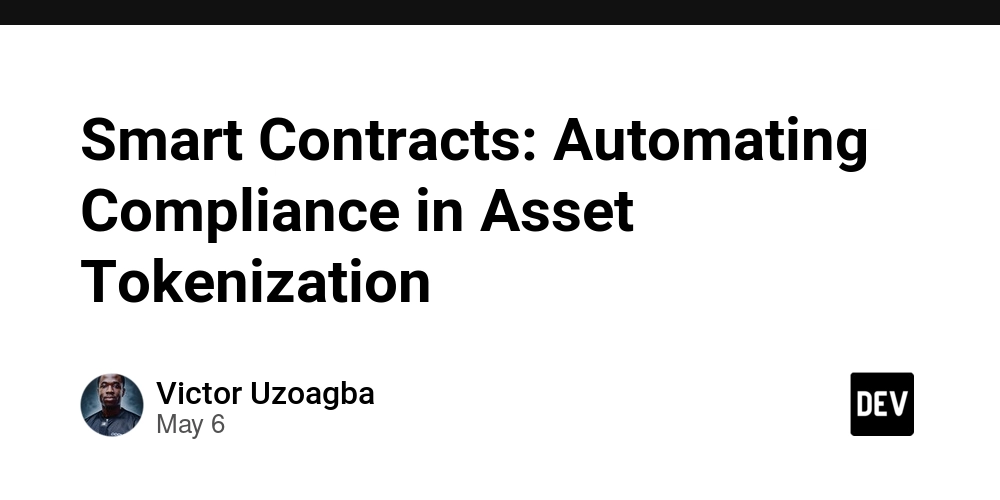
Introduction
In today's digital age, the financial world is undergoing a significant transformation. One of the most groundbreaking developments is asset tokenization, which involves converting real-world assets like real estate, stocks, or commodities into digital tokens on a blockchain. This process offers numerous benefits, including increased liquidity, faster transactions, and broader access to investment opportunities.
However, with these advancements come challenges, particularly in ensuring that these digital transactions comply with existing laws and regulations. This is where smart contracts come into play. Smart contracts are self-executing computer programs that automatically enforce the terms of an agreement. They can be programmed to ensure that every tokenized asset transaction adheres to legal requirements, making compliance more efficient and less prone to human error.
This article talk about how smart contracts automate compliance in asset tokenization, exploring their benefits, real-world applications, and the future of this technology.
Understanding Asset Tokenization
Asset tokenization is the process of converting ownership rights in a real-world asset into a digital token on a blockchain. These tokens represent a stake in the asset and can be bought, sold, or traded just like traditional securities.
Benefits of Asset Tokenization
Increased Liquidity: Tokenized assets can be traded 24/7 on digital platforms, making it easier to buy or sell them compared to traditional assets.
Fractional Ownership: Investors can purchase a fraction of an asset, lowering the barrier to entry for high-value investments like real estate.
Transparency: Blockchain technology provides a transparent and immutable record of all transactions, enhancing trust among participants.
Efficiency: Automated processes reduce the need for intermediaries, speeding up transactions and reducing costs.
The Role of Compliance in Asset Tokenization
While asset tokenization offers numerous advantages, it also introduces complexities in regulatory compliance. Traditional financial systems have established processes to ensure compliance with laws such as anti-money laundering (AML) and know-your-customer (KYC) regulations. In the digital realm, ensuring that tokenized assets comply with these regulations is crucial to prevent fraud, money laundering, and other illicit activities.
Introduction to Smart Contracts
Smart contracts are self-executing programs stored on a blockchain that automatically enforce the terms of an agreement when predefined conditions are met. They eliminate the need for intermediaries, reduce the risk of manual errors, and ensure that transactions occur exactly as programmed.
Key Features of Smart Contracts
Automation: Once deployed, smart contracts automatically execute actions when conditions are met.
Transparency: All parties can view the contract's code and understand the rules governing the transaction.
Immutability: Once a smart contract is on the blockchain, it cannot be altered, ensuring the integrity of the agreement.
Security: Blockchain's decentralized nature makes smart contracts resistant to tampering and fraud.
Automating Compliance with Smart Contracts
Smart contracts can be programmed to enforce compliance with various regulations automatically. Here's how they achieve this:
1. KYC and AML Verification
Before allowing a transaction, a smart contract can verify the identities of the parties involved using integrated KYC and AML protocols. For instance, platforms like Zoniqx have smart contracts linked directly with trusted KYC/AML service providers via APIs and oracles. Every time an investor attempts to interact with a tokenized asset, the contract dynamically verifies the investor's KYC/AML status. If verification fails or the status has expired, the transaction is blocked. This ensures that only authenticated parties trade or access assets in real-time and without human intervention. (Zoniqx)
2. Accredited Investor Checks
Certain investments are restricted to accredited investors. Smart contracts can enforce this by checking an investor's accreditation status before allowing participation in a token sale or trade. For example, if a security token is only available to accredited investors, the smart contract will verify the accreditation status of a potential buyer before allowing the transaction to proceed. (The Tokenizer)
3. Jurisdictional Restrictions
Smart contracts can restrict transactions based on the geographical location of participants, ensuring compliance with local laws. For instance, a smart contract could automatically enforce rules by preventing tokens from being sold to investors in restricted countries. (DEV Community)
4. Automated Reporting
Smart contracts can generate reports of all transactions, providing regulators with real-time access to data for auditing and compliance purposes.
Real-World Applications
Several platforms have successfully integrated smart contracts to automate compliance in asset tokenization:
1. Zoniqx
Zoniqx's smart contracts are linked directly with trusted KYC/AML service providers via APIs and oracles. Every time an investor attempts to interact with a tokenized asset, the contract dynamically verifies the investor's KYC/AML status. If verification fails or the status has expired, the transaction is blocked. This ensures that only authenticated parties trade or access assets in real-time and without human intervention. (Zoniqx)
2. ChainUp
ChainUp's smart contracts allow for instant settlements, automated compliance, and clear tracking of ownership by building rules directly into the code. This ensures that all participants comply with relevant regulations. (chainup.com)
Benefits of Automating Compliance
Efficiency: Automated compliance reduces the time and resources required for manual checks.
Accuracy: Smart contracts eliminate human errors, ensuring that compliance checks are consistently applied.
Transparency: All transactions and compliance checks are recorded on the blockchain, providing an immutable audit trail.
**Scalability: **Automated systems can handle a large volume of transactions, facilitating growth.
Challenges and Considerations
While smart contracts offer numerous advantages, there are challenges to consider:
Complexity: Programming smart contracts to handle all compliance scenarios can be complex.(Investopedia)
Regulatory Uncertainty: As regulations evolve, smart contracts may need updates to remain compliant.
Security Risks: Bugs or vulnerabilities in smart contract code can be exploited, leading to potential losses.
Integration with Off-Chain Data: Smart contracts often require external data (e.g., KYC information), necessitating reliable oracles and APIs.(Zoniqx)
The Future of Smart Contracts in Compliance
As the financial industry continues to embrace digital transformation, the role of smart contracts in automating compliance is expected to grow. Advancements in technology will likely address current challenges, making smart contracts more robust and adaptable.
Moreover, as regulatory bodies become more familiar with blockchain technology, clearer guidelines will emerge, facilitating broader adoption of smart contracts for compliance purposes.
Conclusion
Smart contracts represent a significant advancement in automating compliance within asset tokenization. By embedding regulatory requirements directly into code, they ensure that transactions adhere to laws and regulations without the need for manual intervention. While challenges remain, the potential benefits in efficiency, accuracy, and scalability make smart contracts a promising tool for the future of digital finance.(Zoniqx)
























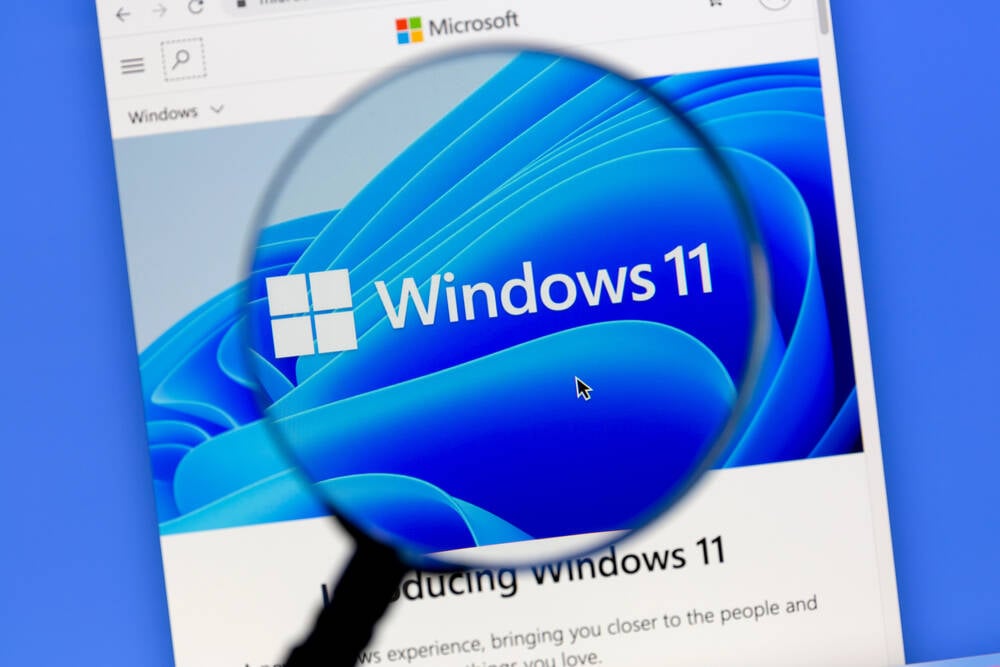


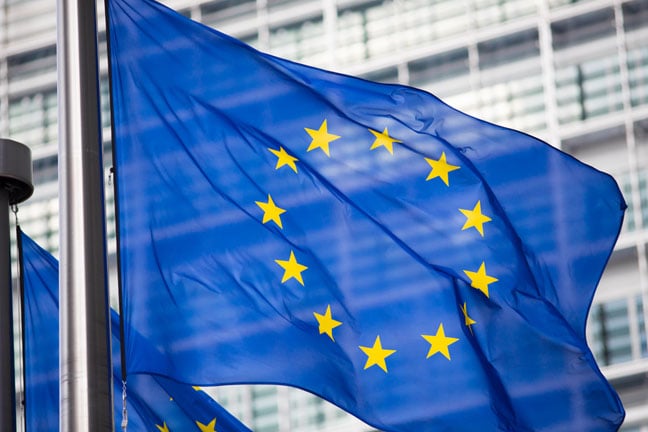











































































































































![[The AI Show Episode 146]: Rise of “AI-First” Companies, AI Job Disruption, GPT-4o Update Gets Rolled Back, How Big Consulting Firms Use AI, and Meta AI App](https://www.marketingaiinstitute.com/hubfs/ep%20146%20cover.png)










































































































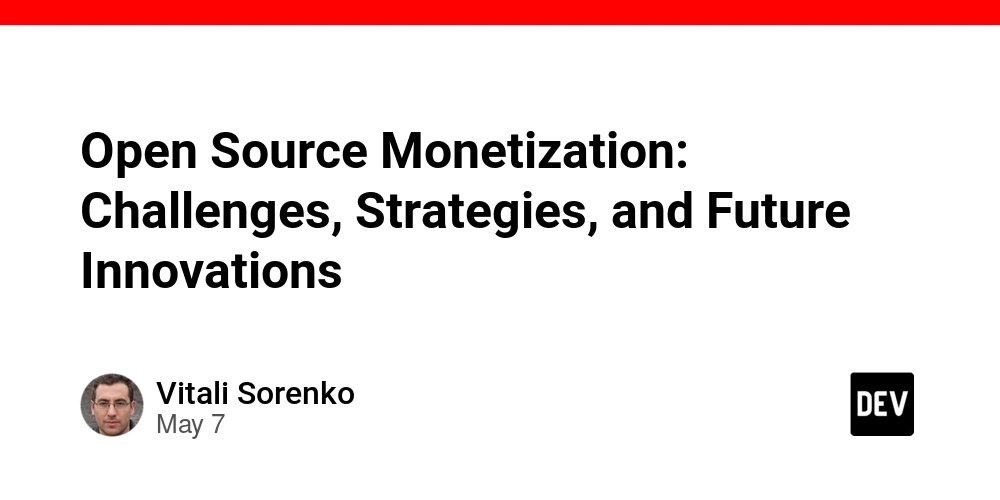






























































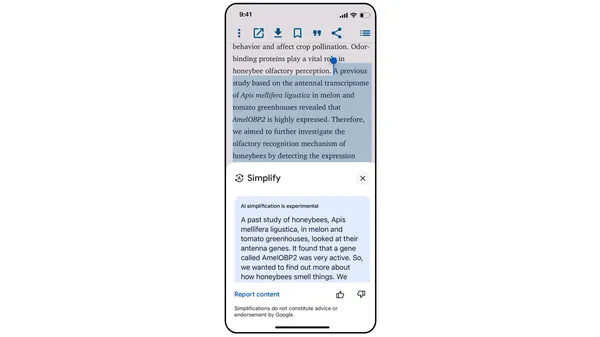




















































































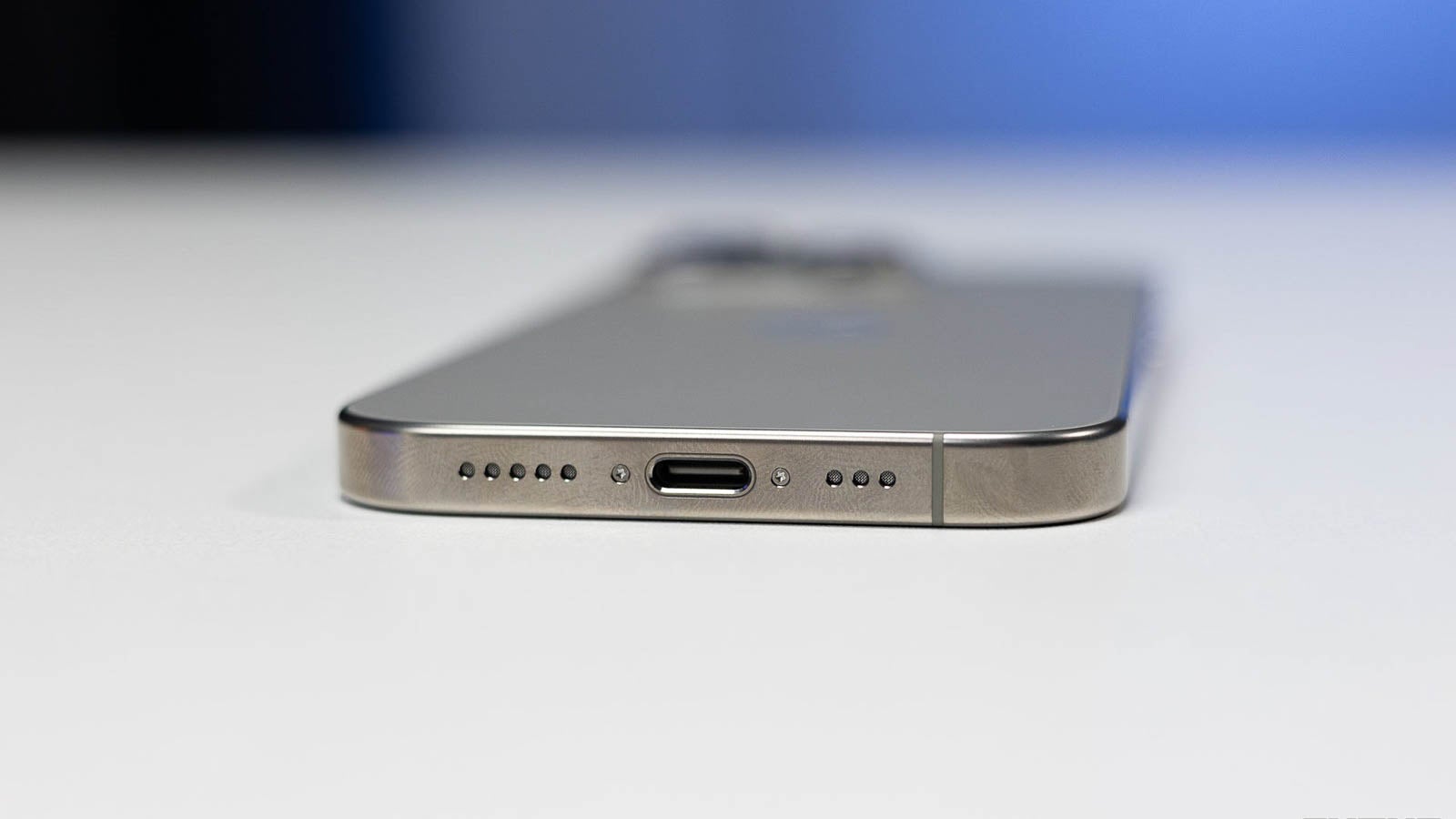









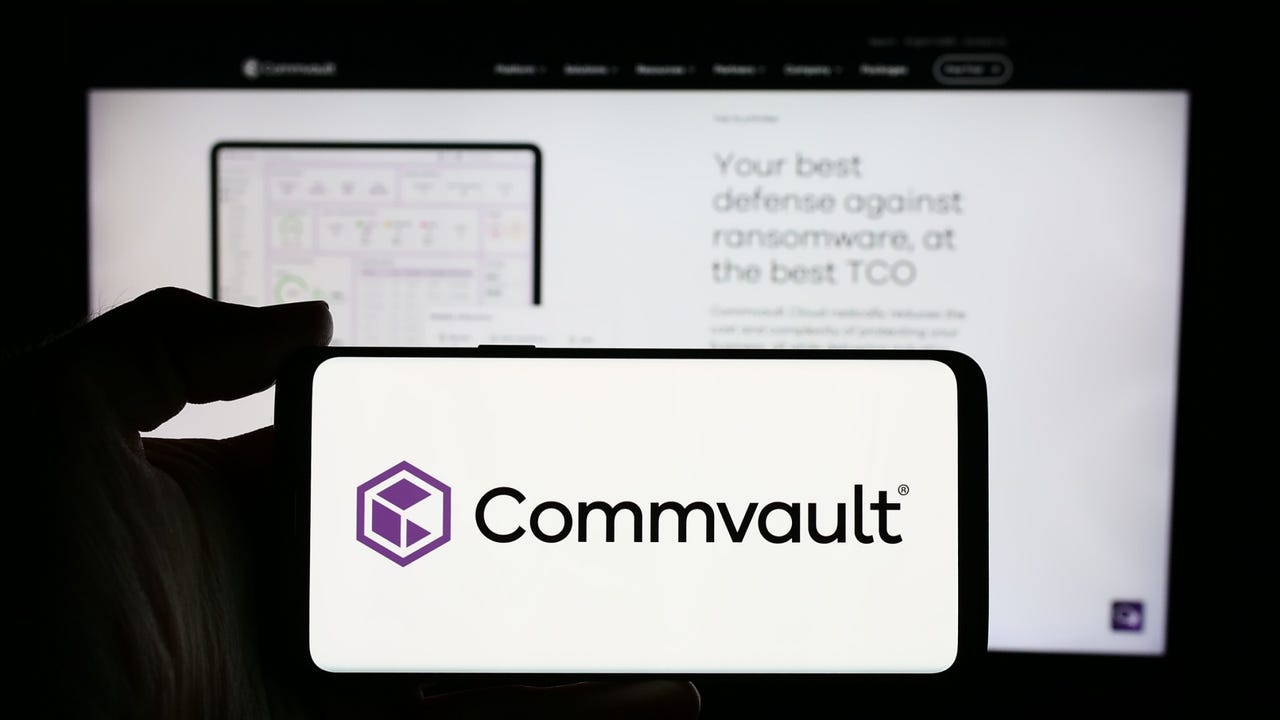
_Alexey_Kotelnikov_Alamy.jpg?width=1280&auto=webp&quality=80&disable=upscale#)
_Brian_Jackson_Alamy.jpg?width=1280&auto=webp&quality=80&disable=upscale#)





















































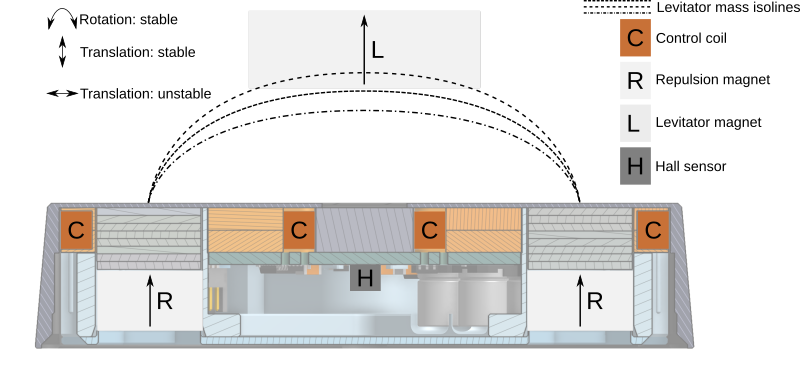




















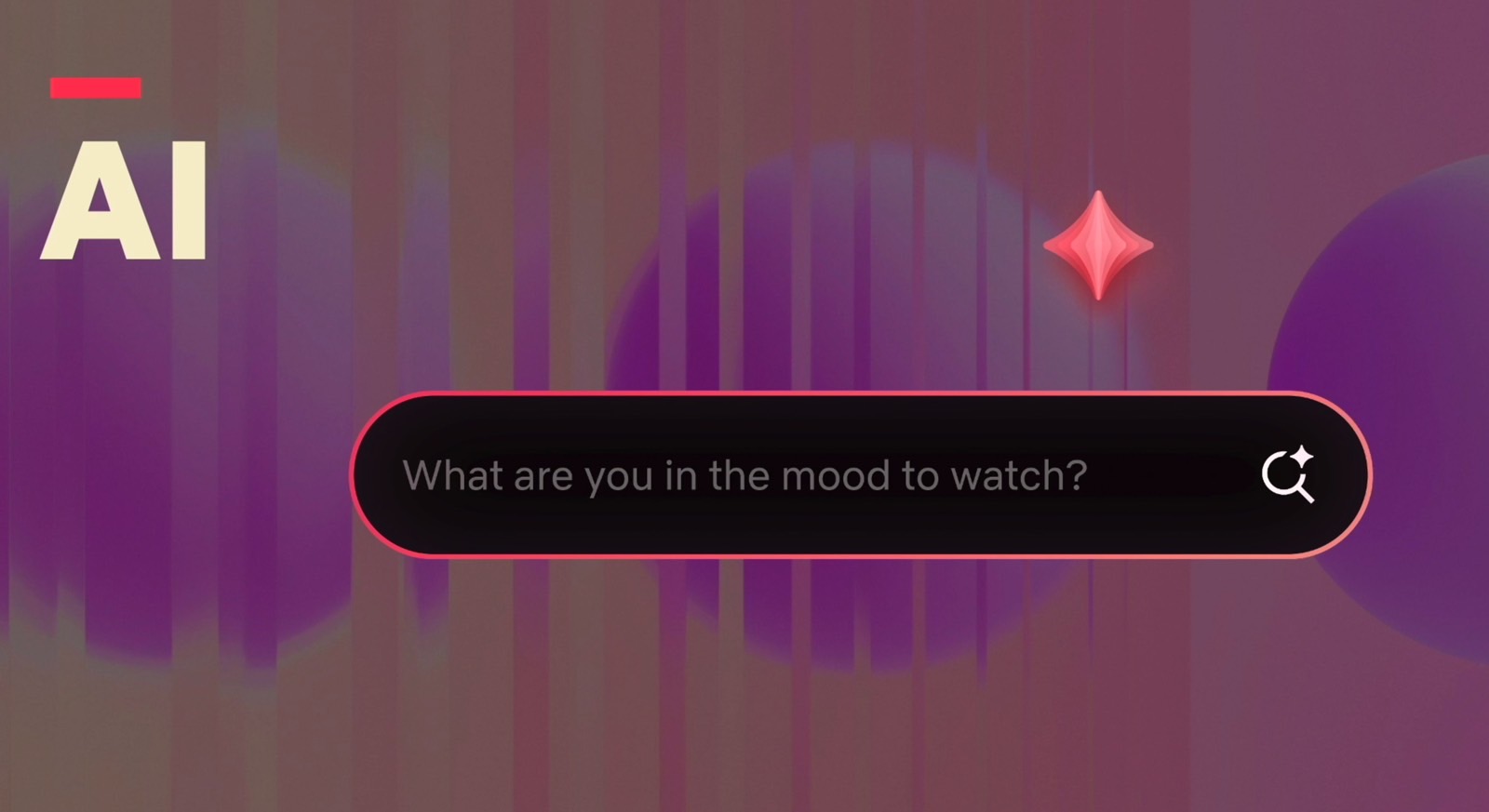
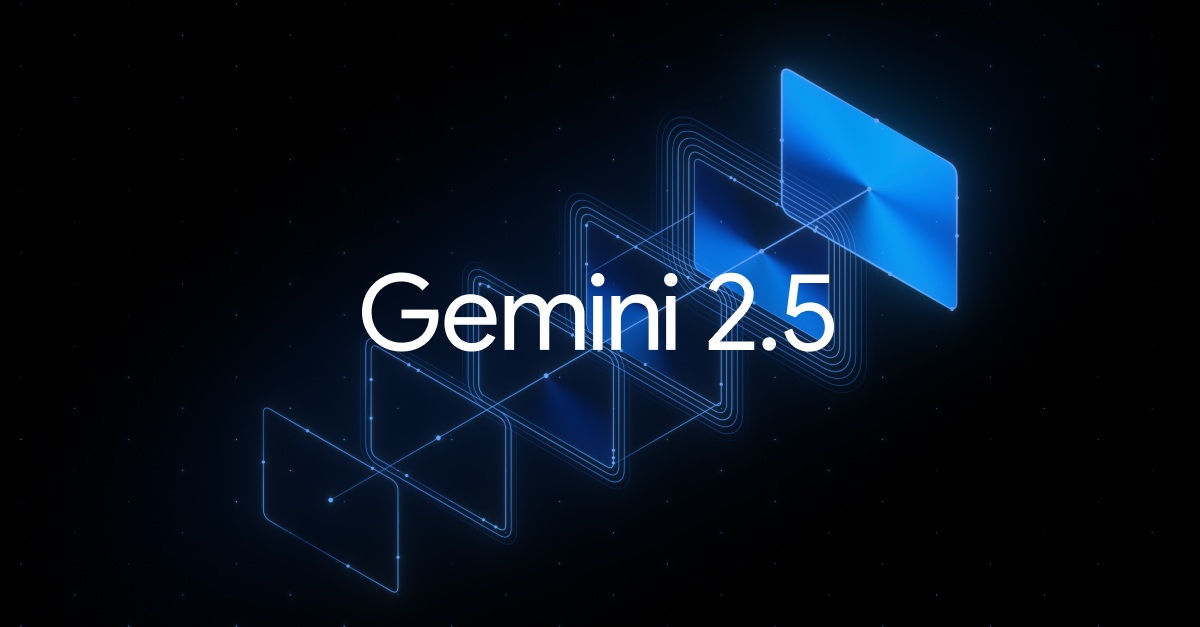

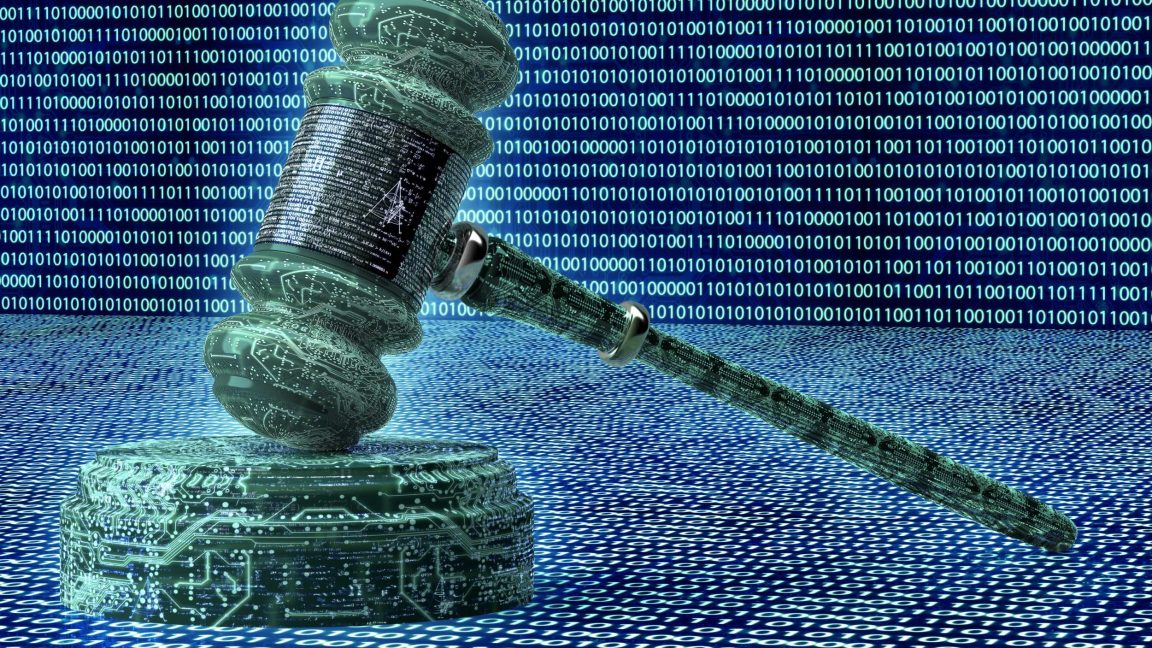


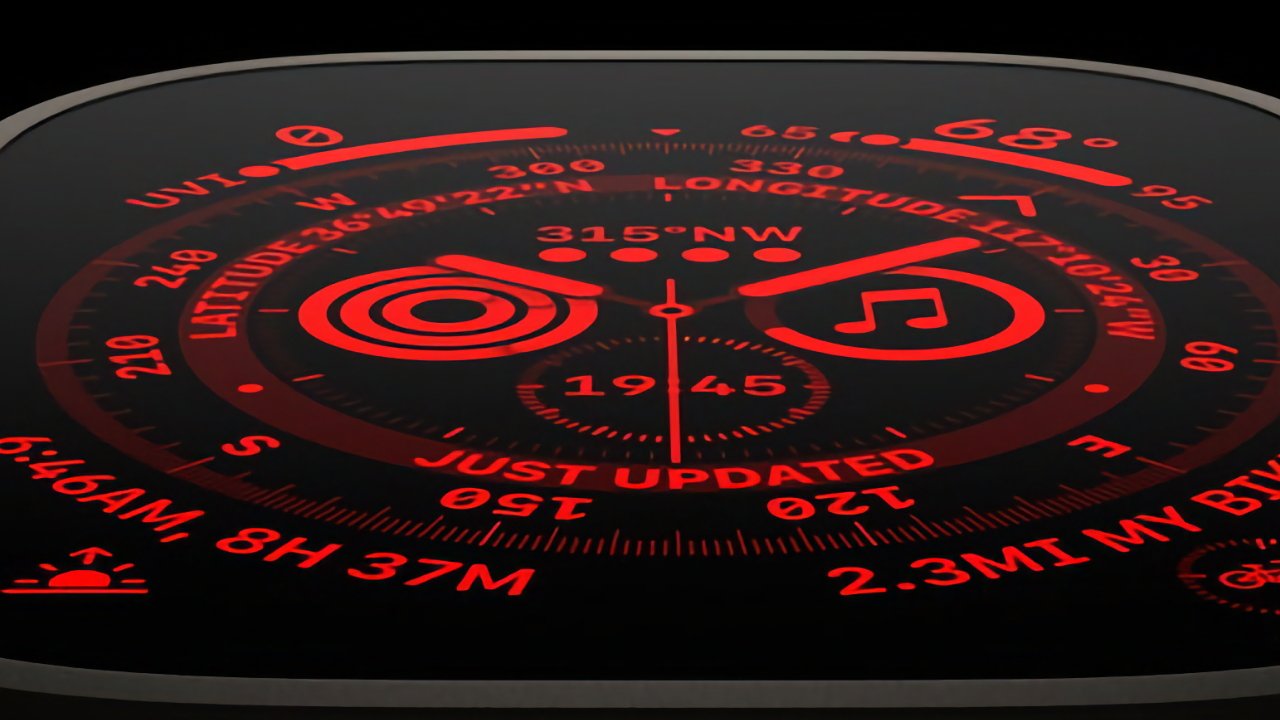




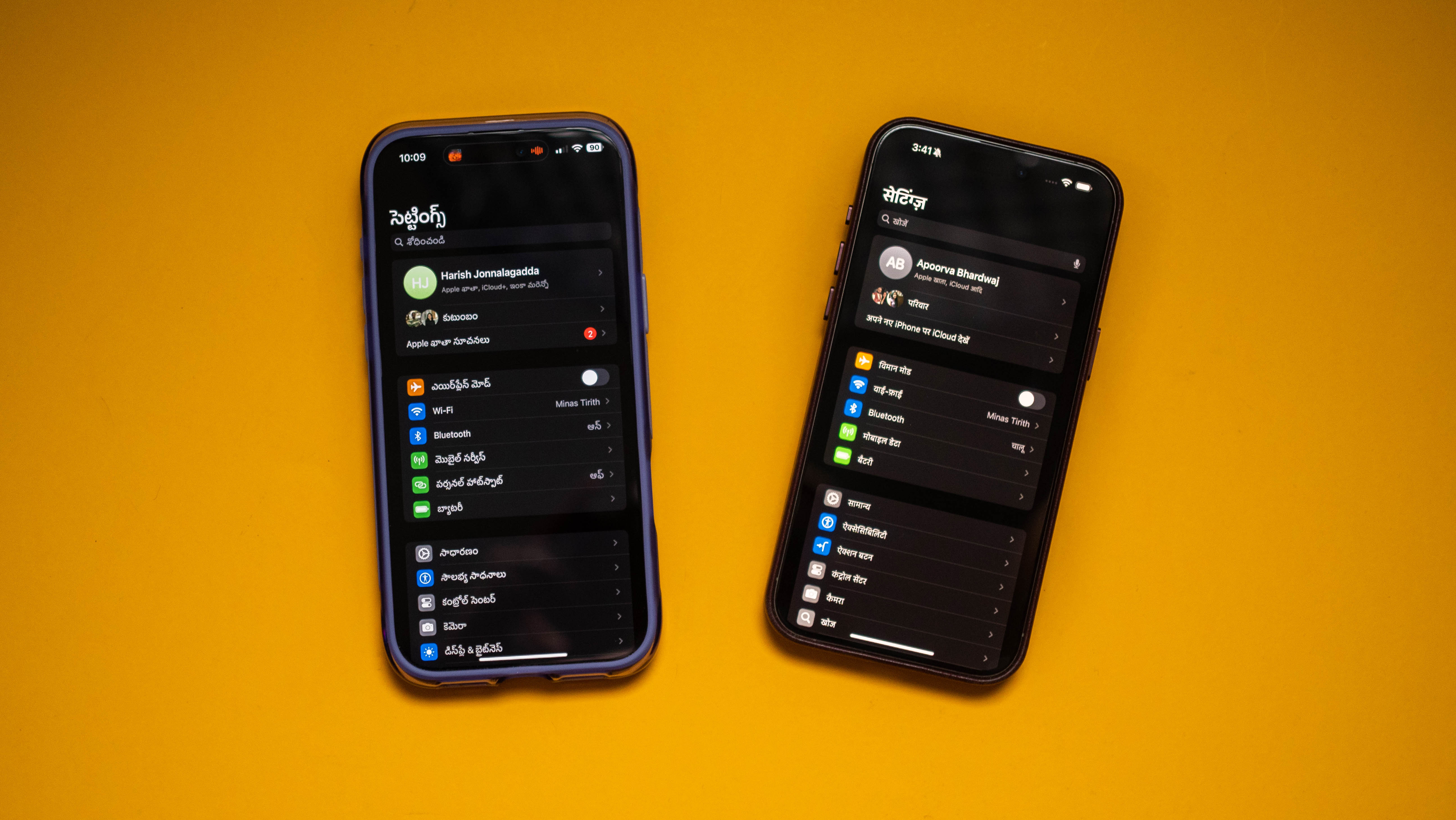








![iPhone spyware company NSO must pay Meta $167M for WhatsApp attack [U]](https://i0.wp.com/9to5mac.com/wp-content/uploads/sites/6/2024/03/iPhone-spyware-company-NSO-must-reveal-code.jpg?resize=1200%2C628&quality=82&strip=all&ssl=1)


![Roku clarifies how ‘Pause Ads’ work amid issues with some HDR content [U]](https://i0.wp.com/9to5google.com/wp-content/uploads/sites/4/2025/05/roku-pause-ad-1.jpg?resize=1200%2C628&quality=82&strip=all&ssl=1)











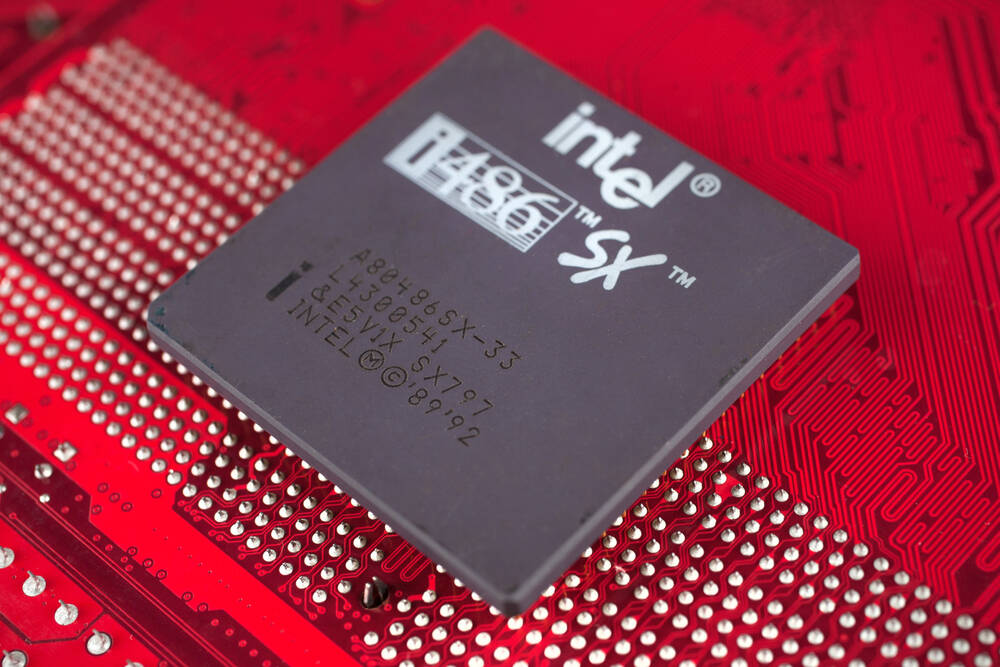


![Apple Seeds visionOS 2.5 RC to Developers [Download]](https://www.iclarified.com/images/news/97240/97240/97240-640.jpg)
![Apple Seeds tvOS 18.5 RC to Developers [Download]](https://www.iclarified.com/images/news/97243/97243/97243-640.jpg)













































